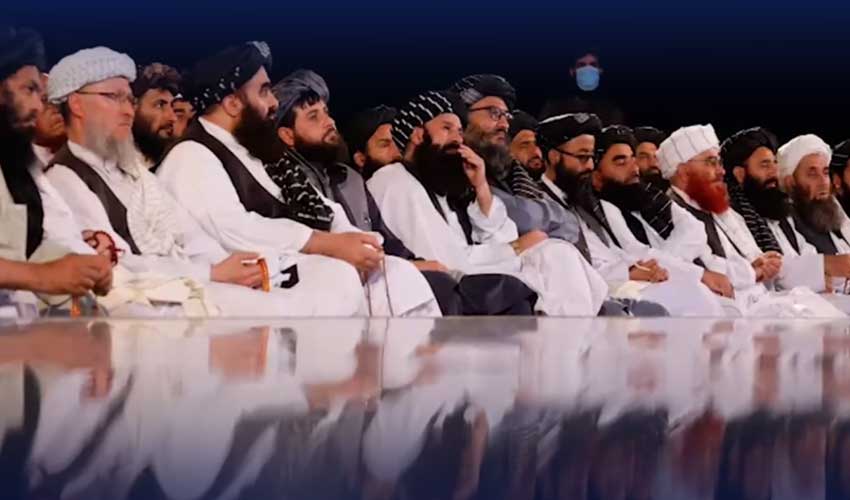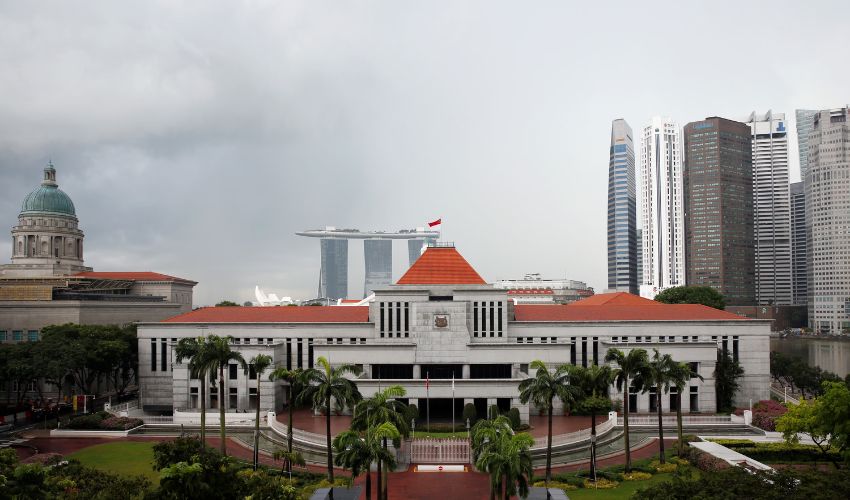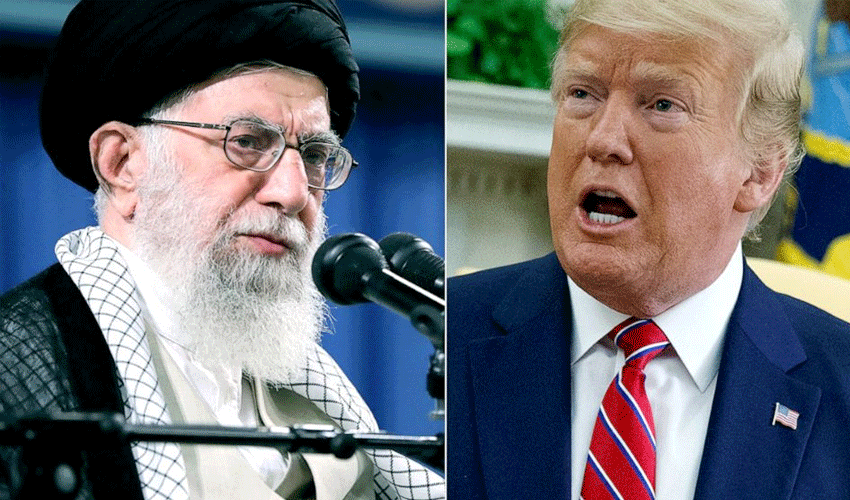The Taliban government of Afghanistan has declined an invitation to participate in a global conference on girls’ education held recently in Pakistan, signaling a continuation of its restrictive policies against women and girls.
The conference, aimed at fostering dialogue on promoting girls’ education, extended an invitation to Afghanistan despite the Taliban’s controversial stance on the matter. However, the Afghan government refused to attend, drawing criticism from international human rights organizations.
Prominent human rights activist Farzana Bari labeled the situation in Afghanistan as "gender apartheid," adding that women’s rights have been systematically eroded since the Taliban’s return to power. Bari praised Afghan women for their resilience, stating, “Despite state aggression and oppression, Afghan women continue to stand for their rights.”
Another activist, Banish Javed, highlighted the grim realities faced by Afghan women. “Being a girl in Afghanistan has become a crime,” she said, referencing restrictions on education, employment, and even basic freedoms such as open windows in homes.
Human rights advocates have repeatedly condemned the Taliban’s policies, which they argue are thinly veiled under religious justifications. Critics point to the systematic ban on women’s education and employment as evidence of severe human rights violations.
The Taliban’s stance has also exacerbated healthcare challenges for Afghan women, with limited access to medical facilities and services. Bari emphasized that Afghan women’s health remains a low priority for the government, worsening an already dire situation.
While the Taliban continues to justify these measures as part of their interpretation of an Islamic system, global condemnation has grown. Human rights groups and activists urge the international community to maintain pressure on the Taliban to uphold basic human rights for women and girls.
The rejection of the conference invitation is seen as a missed opportunity to address these critical issues and engage in constructive dialogue on improving the situation for Afghan women and girls.



























